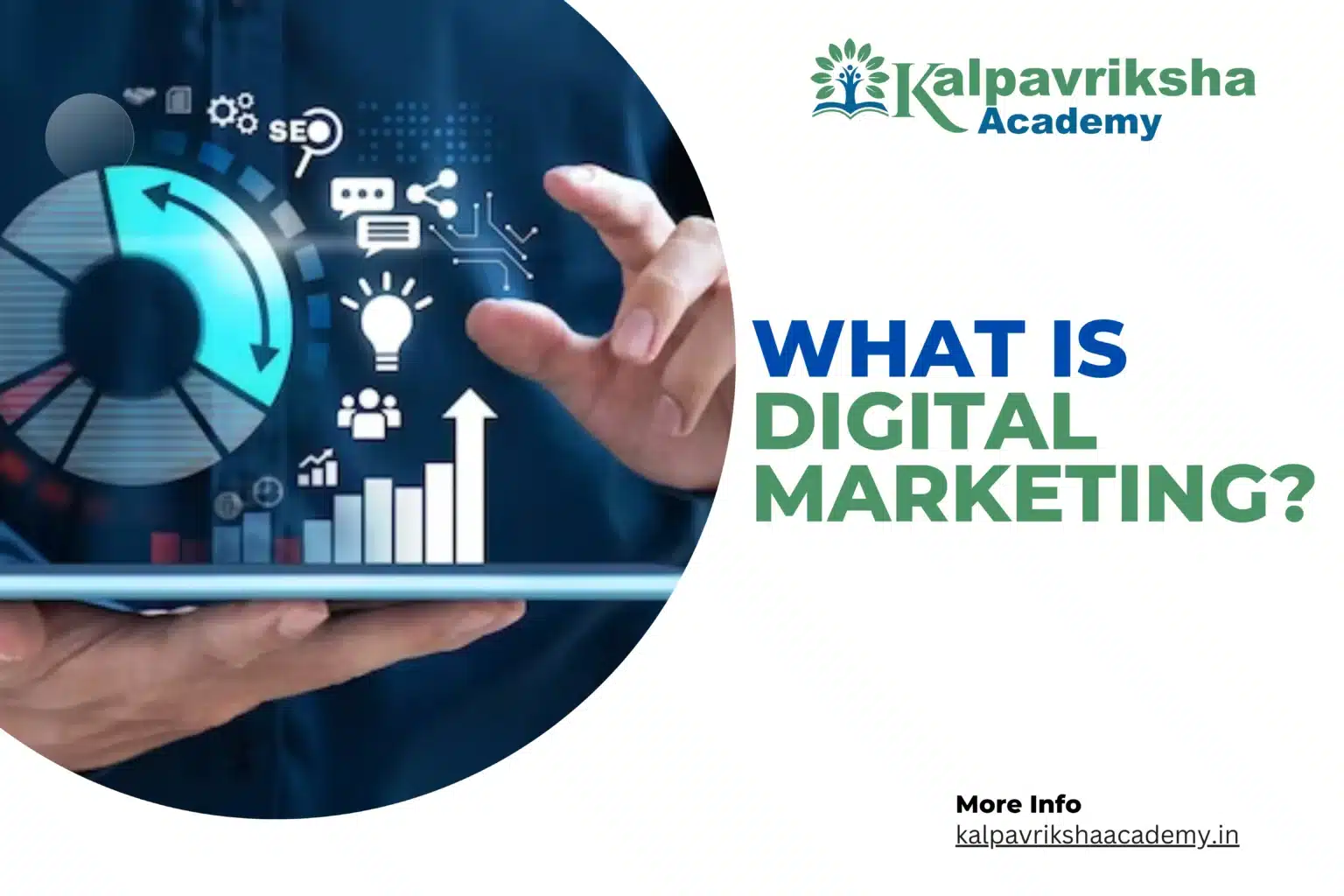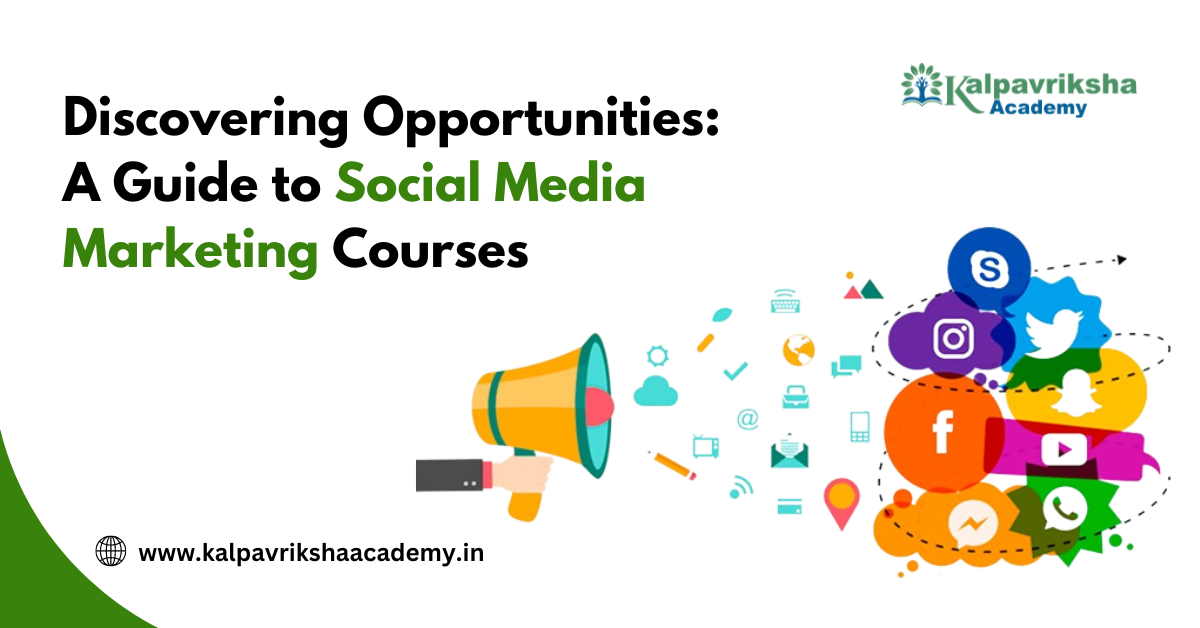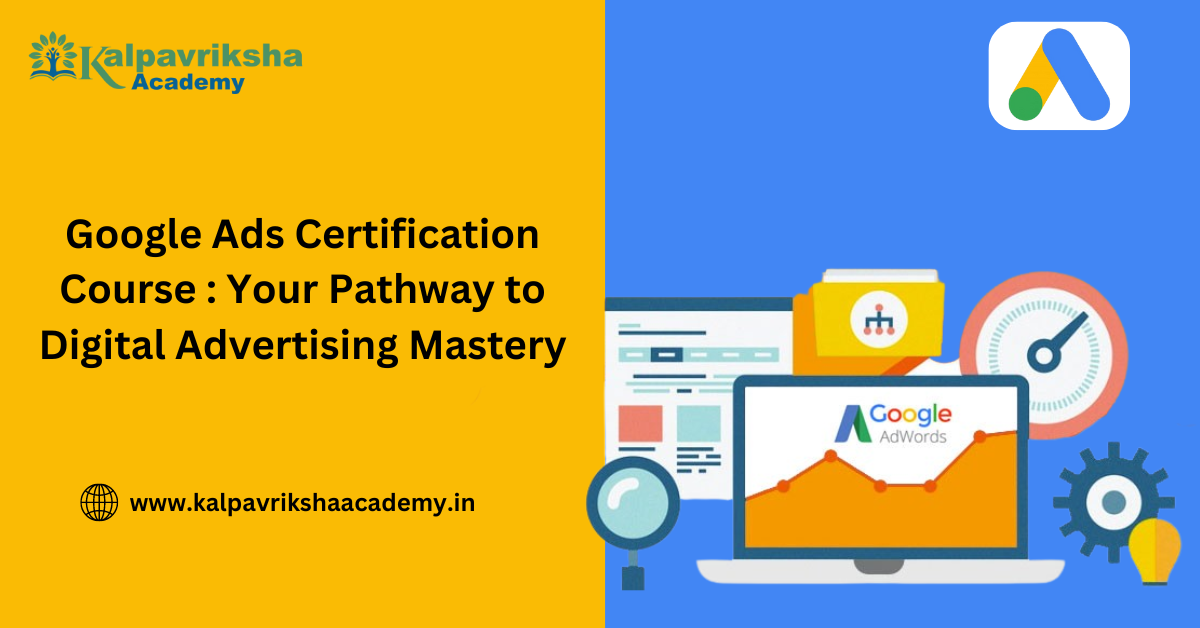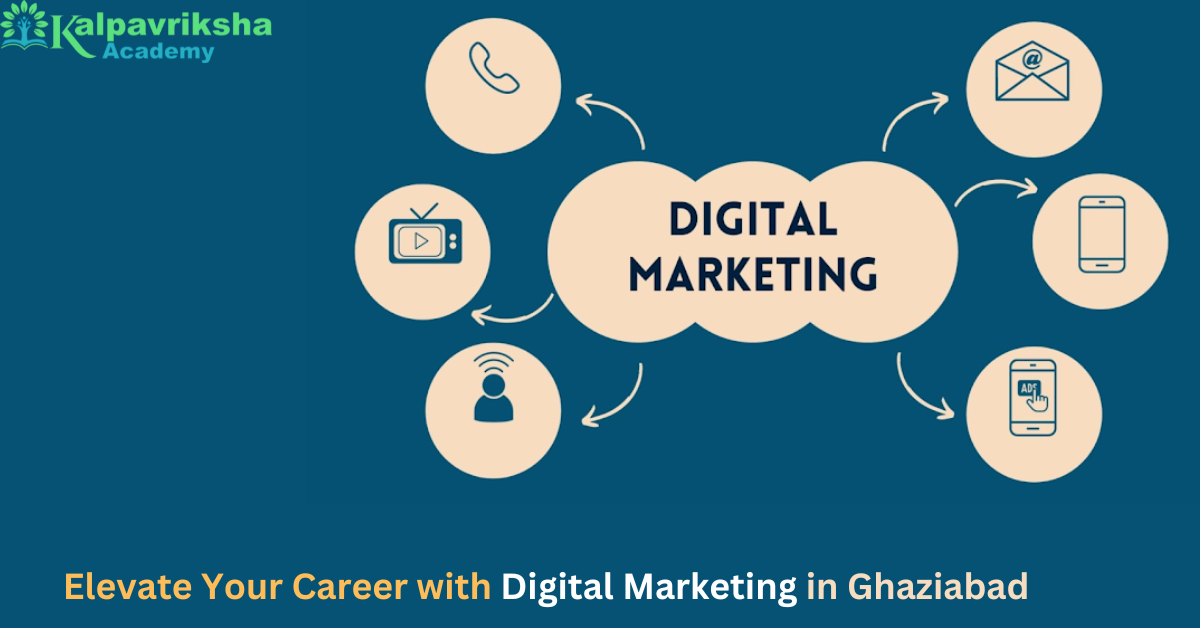A Explore Guide about Digital Marketing?
Hey! Do you want to dominate the market and attract more customers to your brand? In today’s digital era, it is possible easily with the right marketing strategy. You can dominate the market and capture and hold the attention of your audience by practicing digital marketing. By using digital mediums such as social media, search engines optimization, email, and website marketing & by including influencing words, attractive images, and calls to action to create a sense of urgency in your content you can hypnotize them to take action, to make a purchase.
You must have seen while scrolling social media, you got an ad for a shirt. The shirt looks stunning in the image and there is a caption that you find according to your needs, comfort, and style. The ad is a limited-time offer for a discount and if you buy within the next hour you will get it delivered by tomorrow. This is the way by practicing online marketing you can encourage your customers to take action to purchase.
Main Concept of Digital Marketing?
Digital Marketing is also known as online marketing. The term digital marketing means the use of digital mediums, like search engines, emails, social media platforms, and mobile apps for the promotion of a brand, product, or service to potential audiences. Online Marketing is a way of marketing via online videos, display ads, paid social ads, search engine marketing, and social media posts.
Digital marketing sometimes contrasts with “traditional marketing” techniques like billboards, magazine ads, and direct mail. Interestingly, television is commonly grouped with traditional marketing.
The Role of Digital Marketing in Building a Strong Personal Brand
Why Digital Marketing Matters?
The marketing industry has changed over the years because of how quickly technology is developing and how quickly the digital network is expanding. The need for additional resources and tools for online product development and marketing is growing right now. A key component in doing this has been digital marketing course. Thousands of companies and startups use digital marketing to generate enough revenue. Additionally, they captured the curiosity of millions of shoppers just a few clicks down.
Businesses benefit from digital marketing in a variety of ways.
Offers a larger platform for all business types:
All business kinds now have access to a larger platform thanks to digital marketing. The online marketplace is now home to more businesses, both domestic and foreign. Today, a wide range of commercial organizations have complete access to a large audience.
Cost-effective:
Digital marketing is a cost-effective and effective option for small businesses, offering a larger, better platform with a high return on investment.
Interaction with the target audience gets improved:
Digital marketing is replacing traditional marketing by promoting interaction between businesses and their intended audience, ensuring positive user interactions with various businesses, which can enhance the effectiveness of marketing plans.
Enhance brand reputation:
Digital marketing enhances brand reputation by targeting targeted customers, building trust, and improving brand awareness. It helps shape your brand by understanding their expectations and demands, ultimately enhancing your online presence.
The History of Digital Marketing
Digital marketing emerged in the 1990s, coinciding with the advent of the internet and Web1.0 platform. At that time, marketers were uncertain about the effectiveness of their strategies due to limited internet usage. However, in 1993, the first clickable banner was launched, signaling the beginning of digital marketing. The landscape saw further advancements in 1994 with new technologies entering the digital business arena, including Yahoo which achieved remarkable success within its first year.
These developments brought significant changes to digital marketing as companies started optimizing their websites for improved search engine rankings. By 1996, additional search engines and tools like HotBot, LookSmart, and Alexa were introduced. In 1998, Google, Microsoft’s MSN search engine, and Yahoo’s Yahoo web search made their debut. However, economic changes occurred in 2006 when the internet bubble burst resulting in opportunities for major players in the digital marketing industry to thrive. During this period, hunt machine businesses experienced massive growth reaching a whopping 6.4 billion.
Online Digital Marketing Overview:
Digital marketing is a versatile and powerful tool that employs digital platforms and technologies to connect with potential clients and promote goods and services on a global scale. It serves both B2B and B2C marketing, providing numerous benefits such as reaching a wider audience, precise targeting, personalized messaging, and maximizing returns on investment.
Additionally, digital marketing enables organizations to stay updated with technological advancements and emerging marketing trends. By implementing effective strategies, businesses can significantly expand their audience reach and visibility through the remarkable capabilities of digital marketing. Ultimately, this tool offers an array of opportunities for businesses to effectively engage their target audience.
Digital marketing is a practical approach to reaching prospects, with digital advertising spending increasing by 16.2% and reaching a total value of $491.70 billion by 2022. Organic search is the top strategy for online engagement, with digital channel allocations accounting for 9% of marketing budgets.
Mobile advertising accounts for over half of digital ad spending, and email campaigns yield a $44 return. Video marketing has gained popularity, with 87% of marketers adopting this approach. Success in online advertising requires measuring results, adjusting tactics promptly, and using advanced technology.
Digital marketing challenges?
Top five Digital Marketing are as follow:
1. Switching platforms:
Switching algorithms can be an undertaking when it comes to managing marketing channels.
2. Dealing with competition, from known brands and established companies:
The real challenge arises from competing with brands and corporations as they have a significant advantage in terms of wider audience reach compared to smaller companies.
3. Unpredictable purchasing patterns:
The emergence of the internet has created a global marketplace. This translates to clients who are better informed and more options in many industries. As a result, consumer purchasing patterns are highly unpredictable.
4. Low budgets:
The budget grows with the size of the business. Startups often have small finances, which makes it difficult to produce tools and content.
5. Producing engaging, new content:
When it comes to digital marketing, this is a significant obstacle. It might be difficult to produce new, original content, especially for video forms.









